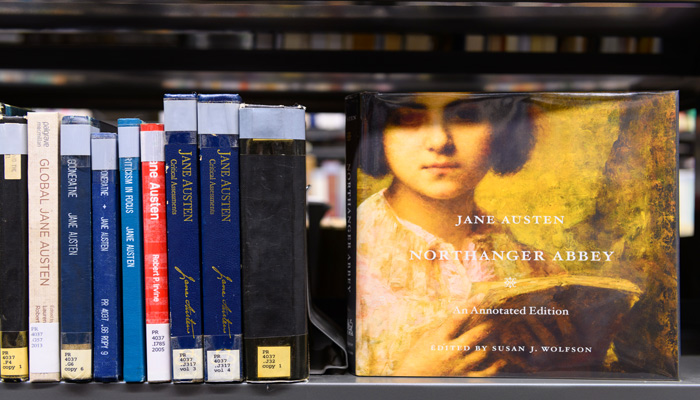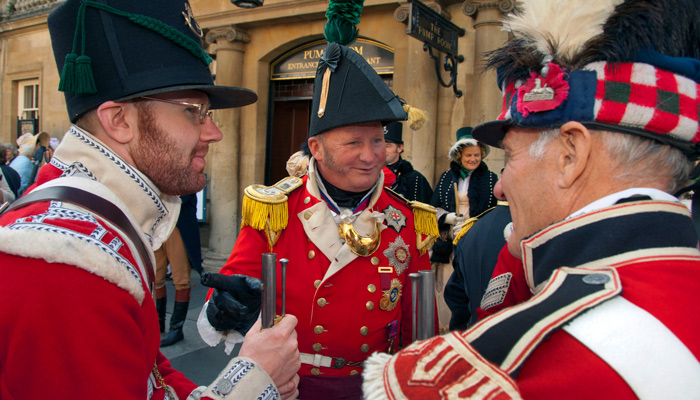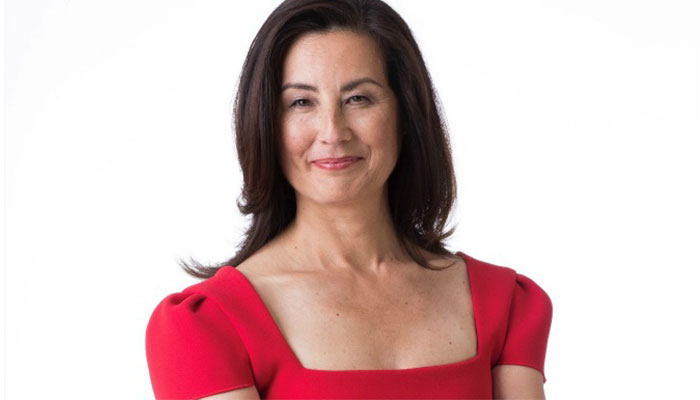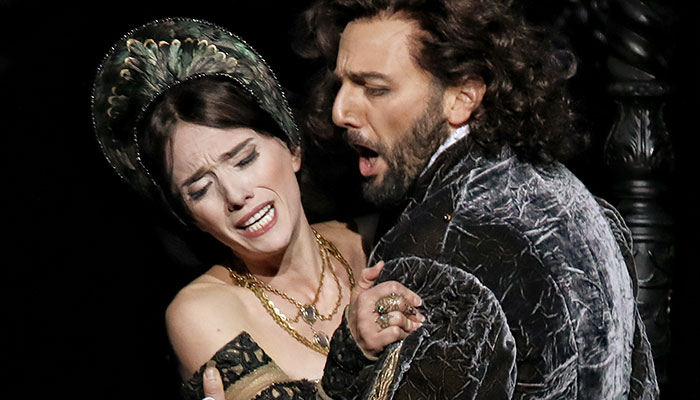1. So you’ve read all of Jane Austen’s six novels and are looking to fill the void?

Did you know that Jane Austen wrote so much in her youth that it fills three volumes? Austen’s “juvenilia” (or childhood writings) have all the hallmarks that make her adult writing so popular – the wit, the romance, the style – but are considerably rougher around the edges.
The young Austen wrote about drunkenness, stealing, violence, and even sexual misdemeanours. The 2016 film Love and Friendship was based on one of these stories, Lady Susan, about a deliciously wicked widow. Confusingly, Love and Freindship is also the name of another piece of Jane Austen juvenilia, and yes, the spelling error is intentional because the young Jane Austen was a great writer, but a terrible speller.
The juvenilia also features my favourite piece of Austen advice: “run mad as often as you choose, but do not faint.”
2. Confused about why we call the period in which Austen was writing “the Regency”?
Have you ever noticed that Emma (1815) was dedicated to the Prince Regent? Prince George, the eldest son of George III, became Prince Regent in 1811. George III, as many would know from the 1994 film The Madness of King George, was intermittently mentally ill, but lapsed into permanent illness in 1811.
His son, also George, took on the role of Prince Regent until his father’s death in 1820. The Prince Regent was famously a lascivious spendthrift, known for his array of mistresses and ever-expanding girth. Jane Austen hated him, but the feeling wasn’t mutual: he was a huge fan. When the Prince Regent gave Austen his “permission” to dedicate her newest work to him, it wasn’t really a request, but a demand.
Austen dedicated her novel to him, but privately made fun of him and his pompous royal librarian, James Stanier Clarke. She even wrote a short satirical piece, “Plan of a Novel according to Hints from Various Quarters”, about the very bad “suggestions” that Clarke gave her about what she should write about next.

Austen expert: Dr Stephanie Russo is a senior lecturer in the Department of English.
3. Jane Austen is sometimes criticised for focusing on the domestic space, rather than the broader political landscape of her time.
This view presupposes that the domestic is an apolitical space, which is not at all true: Jane Austen is being political by talking about the domestic lives of women! What these readings also miss is that Jane Austen does talk about political issues.
There are, for example, quite a few references to slavery in her novels. In Mansfield Park, Fanny Price questions her uncle about slave labour on his estate in Antigua. The name ‘Mansfield’ is almost certainly taken from Lord Mansfield, one of the most influential British jurists of the time, whose ruled in a case known as Somersett’s Case that there was no basis in common law for slavery.
In Emma, the vulgar Mrs Elton comes from Bristol, a major hub of the slave trade, and her familial associations with slavery are another mark against her character. Also in that novel, Jane Fairfax compares governessing to the slave trade, suggesting that the intellect of women was being bought and sold just as slaves’ bodies were bought and sold.
4. Ever wondered why there were so many soldiers hanging about in Pride and Prejudice?

Austen’s novels were written against the landscape of the Napoleonic Wars, but in Pride and Prejudice, they’re clearly spending more time flirting than fighting.
Militia forces were stationed across Britain during this time, waiting for an attack and training (as well as flirting). The militia was voluntary, but you needed a commission to join, and it was a good job opportunity for the younger sons of families, so those who weren’t going to inherit land. Two years after the publication of Pride and Prejudice, the British won the Battle of Waterloo, and the Napoleonic Wars came to an end.
5. Jane Austen had a real, somewhat odd, aversion to the name ‘Richard’.
She expresses surprise in Northanger Abbey that Catherine Morland’s father is respectable “though his name is Richard”, she implies facetiously in one of her letters that an acquaintance’s wedding had been called off because of his name, and she is extremely unkind to poor dead Dick Musgrove in Persuasion, calling his death “good fortune”.
Why the problem with Richards? Nobody quite knows. Sorry, Richards!



